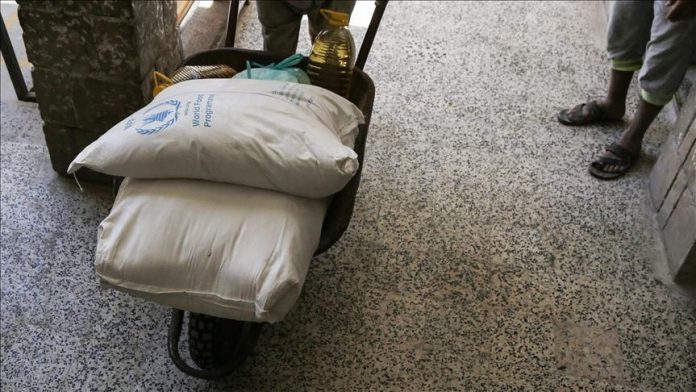According to a UN report, an estimated 7.76 million people in South Sudan are likely to face extreme hunger and malnutrition in 2023 due to a combination of conflicts and climate shocks.
“The latest Integrated Food Security Phase Classification (IPC), released today, shows about two thirds of the South Sudanese population are likely to face acute food insecurity during the April-July 2023 lean season,” the country’s Minister of Agriculture and Food Security, Josephine Lagu stated.
“This is more or less the same as last year, with 43,000 people likely in Catastrophe (IPC phase 5) acute food insecurity in Akobo, Canal/Pigi and Fangak counties of Jonglei state and Leer and Mayendit counties of Unity state,” she said.
The United Nations Food and Agriculture Organization (FAO), World Food Programme (WFP) and United Nations Children’s Fund (UNICEF) said during the event that hunger and malnutrition are on the rise across the flood-, drought- and conflict-affected areas of South Sudan.
“We’ve been in famine prevention mode all year and have staved off the worst outcomes, but this is not enough,” said Makena Walker, Acting Country Director for WFP in South Sudan
“South Sudan is on the frontlines of the climate crisis, and day in, day out, families are losing their homes, cattle, fields and hope to extreme weather. Without humanitarian food assistance, millions more will find themselves in an increasingly dire situation and unable to provide even the most basic food for their families,” Walker explained.
“The decline in food security and high prevalence of malnutrition is linked to a combination of conflict, poor macro-economic conditions, extreme climate events and spiraling costs of food and fuel.”
Sara Beysolow Nyanti, United Nations Resident and Humanitarian Coordinator for South Sudan, said the IPC report is the product of months of data collection and analysis, with participation from the government, UN agencies, non-governmental organizations and other partners.
Nyanti noted that quality data like this is critical to formulating humanitarian response plans to help meet the needs of people in the country, and these figures show that the people of South Sudan need support more than ever.
“It’s vital we receive commitments from donors for 2023 so we can prevent a worsening of the humanitarian situation across the country,” she said.









